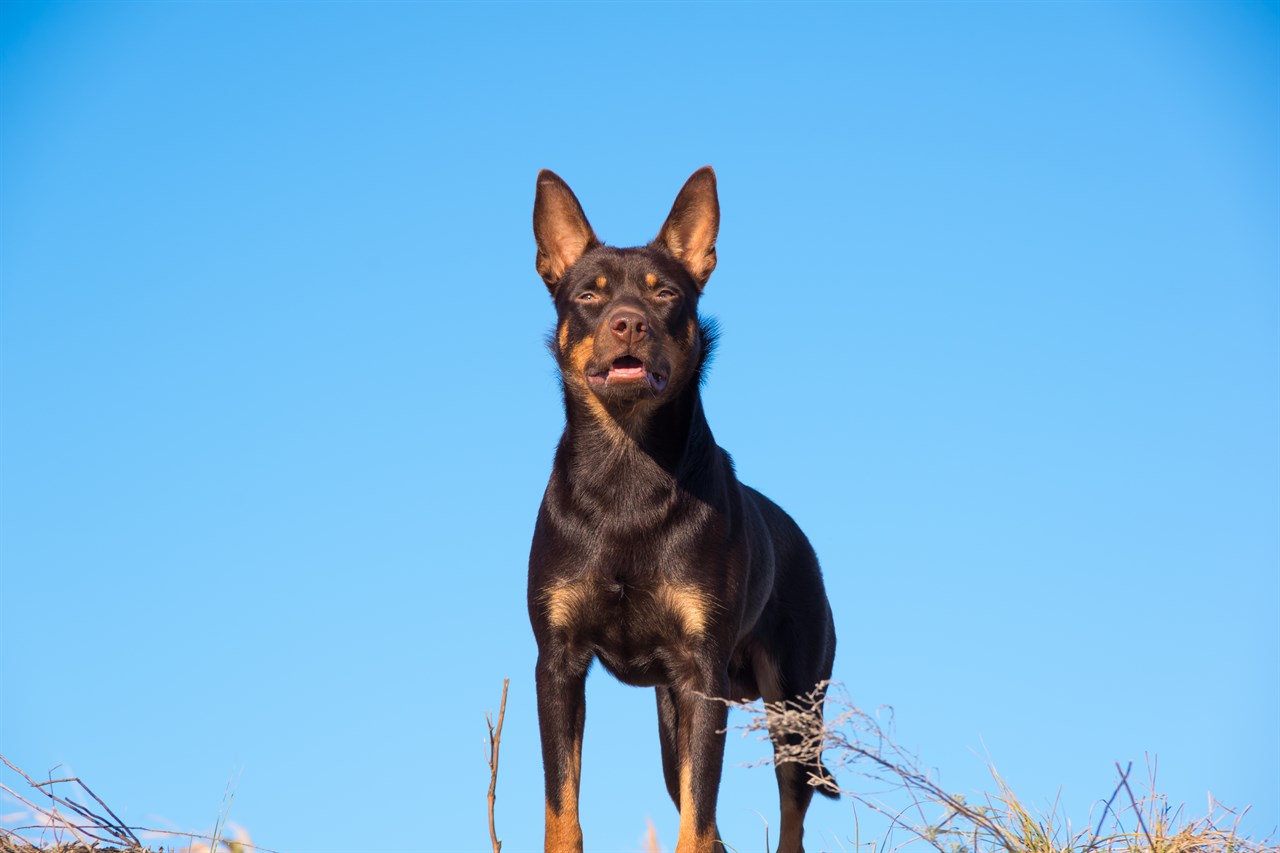Feeding Habits and Food Requirements of the Australian Kelpie

Proper nutrition is essential to ensure the health, vitality, and overall well-being of your Australian Kelpie. These energetic and intelligent dogs require a balanced diet that supports their active lifestyle and specific dietary needs. Here are some guidelines for the feeding habits and food requirements of the Australian Kelpie.
Balanced Diet
- High-Quality Dog Food: Opt for a premium-quality commercial dog food that is specifically formulated for active breeds. Look for options that list a high-quality source of animal protein as the main ingredient.
- Protein: Kelpies benefit from a diet rich in protein to support their muscle development and energy levels. Aim for a dog food that contains at least 20-30% protein.
- Moderate Fat: While they are active dogs, Kelpies do not typically require an excessively high-fat diet. Look for a dog food with a moderate fat content of around 10-15%.
- Carbohydrates: Carbohydrates provide energy and should be included in their diet. Quality dog foods often contain whole grains like brown rice or oats.
- Fruits and Vegetables: Some Kelpies may benefit from fruits and vegetables in their diet as a source of vitamins and minerals. Ensure they are dog-safe options, as some foods can be toxic to dogs.
Feeding Schedule
- Age-Based Feeding: Puppies require more frequent feedings, usually three to four times a day. As your Kelpie matures, you can transition to two meals a day for adults. Consult with your veterinarian for specific recommendations based on your dog's age, activity level, and individual needs.
- Avoid Free Feeding: It's generally best to avoid leaving food out for your Kelpie to graze on throughout the day. Scheduled feedings help with portion control and can make it easier to monitor their food intake.
Portion Control
- Measure Meals: Use a measuring cup to portion out your Kelpie's meals according to the feeding guidelines on the dog food label. Avoid overfeeding, as Kelpies can be prone to weight gain if they consume excess calories.
Hydration
- Fresh Water: Provide access to fresh, clean water at all times to keep your Kelpie properly hydrated, especially after physical activity.
Special Dietary Considerations
- Food Allergies: Some Kelpies may have food allergies or sensitivities. If you suspect this, work with your veterinarian to identify the allergen and select an appropriate diet.
- Age-Related Changes: As your Kelpie ages, their nutritional needs may change. Consult with your vet to ensure their diet meets their evolving requirements.
Avoid Harmful Foods
- Toxic Foods: Be aware of foods that can be toxic to dogs, such as chocolate, grapes, onions, and certain artificial sweeteners like xylitol. Keep these items out of your Kelpie's reach.
- Bones: Avoid feeding cooked bones, as they can splinter and cause injuries. Opt for safe dog chew toys instead.
In summary, Australian Kelpies thrive on a balanced diet rich in protein and tailored to their specific age, activity level, and individual needs. Portion control and scheduled feedings help maintain a healthy weight, and access to fresh water is crucial for proper hydration. Regular veterinary check-ups can ensure that your Kelpie's diet continues to meet their evolving nutritional requirements.
Australian Kelpie puppies for sale
- Find Australian Kelpie puppies for sale in ACT
- Find Australian Kelpie puppies for sale in NSW
- Find Australian Kelpie puppies for sale in NT
- Find Australian Kelpie puppies for sale in QLD
- Find Australian Kelpie puppies for sale in SA
- Find Australian Kelpie puppies for sale in TAS
- Find Australian Kelpie puppies for sale in VIC
- Find Australian Kelpie puppies for sale in WA